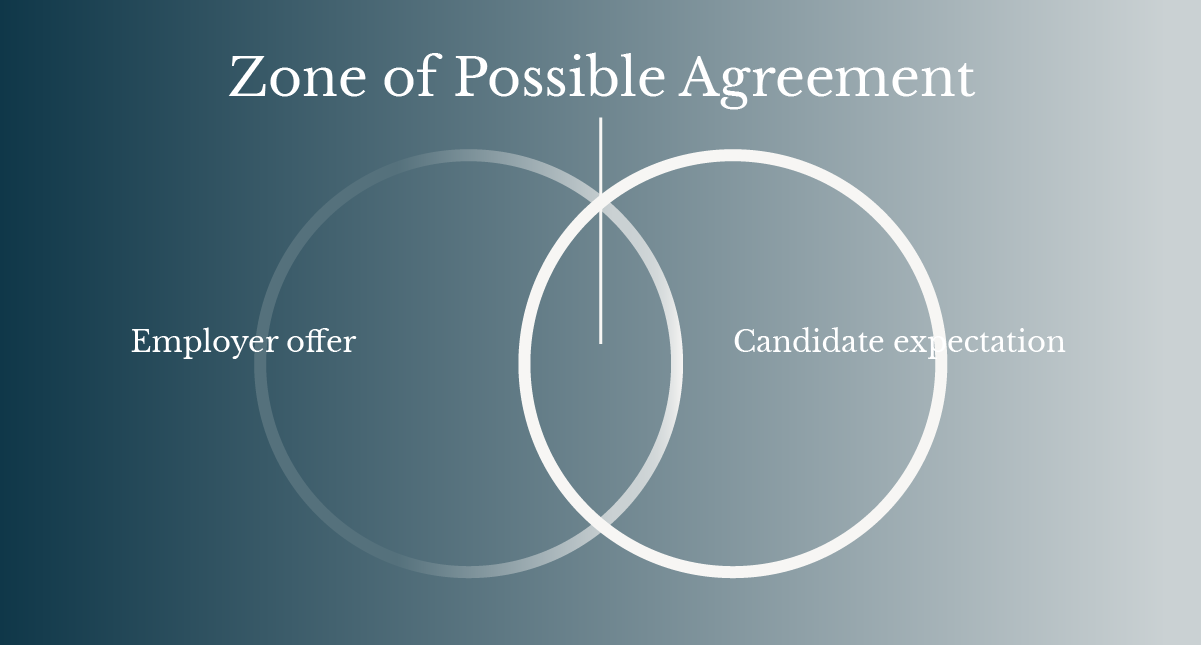Steering Point Articles

The state of mental health in the Irish workforce
Irish employers face a stark contradiction. Whilst three-quarters recognise their responsibility towards employee mental health, only one-third have implemented organisational responses to support it, and just one-fifth have allocated dedicated budgets for mental health initiatives [1]. This gap between intention and action reveals a fundamental challenge facing Irish businesses as they navigate work environments where […]

The Role of Migration in the Irish Workforce
Ireland’s economic model is built on attracting multinational investment and high-skilled workers. Yet it faces mounting pressure from housing shortages, rising living costs, and an increasingly competitive global market for talent. As Paul Sweetman, Chief Executive of the American Chamber of Commerce Ireland, puts it: “Ireland’s talent is our greatest strength — but immigration delays […]

Is AI a bubble?
Something curious has happened in Silicon Valley. The debate about whether artificial intelligence represents a speculative bubble has effectively ended. Not because investors have concluded it isn’t a bubble, but because they’ve decided bubbles don’t matter. This intellectual pivot, from denial to acceptance to enthusiastic embrace, represents either sophisticated long-term thinking or a spectacular failure […]

Ireland’s Loneliness Epidemic
Ireland has long been celebrated globally for its warmth, wit, and “céad míle fáilte” — a hundred thousand welcomes. Yet recent data reveals that this nation renowned for its hospitality now ranks as the loneliest place in Europe. Official figures from the Joint Research Centre report on loneliness prevalence in the EU show that 20 […]

Executive Development: The Do’s and Don’ts
There’s no single way to maximise executive development. In our experience, it starts with understanding the exact context, business challenges and the person – then matching this with the right cadence, setting, and tone of work that brings real return value. Ask most executive leaders if they value development, and they’ll say absolutely. Ask to […]

What to Know About Ireland’s Gender Pay Gap in 2025
When Kathleen Linehan pulled her organisation’s gender pay data last week, she felt an unexpected surge of satisfaction. As group strategic director of human resources at Cork’s Trigon Hotels Group, she discovered what many Irish employers are still struggling to achieve, namely genuine balance across their pay scales. “I took enormous pleasure in seeing the […]

The Art of Salary Negotiation
The relief of receiving a job offer is often short-lived. What follows is what Senior Forbes Contributor contributor Jack Kelly ornately describes as “the delicate dance of salary negotiation” [1]. For many professionals, this final hurdle proves as nerve-wracking as the interview process itself, filled with concerns about appearing greedy or jeopardising the opportunity altogether. […]

Why Leaders Shouldn’t Stop Learning
There’s a peculiar irony at the heart of corporate life. The moment professionals reach the upper echelons of leadership, the scaffolding of support that helped them climb suddenly disappears. Mid-level managers enjoy structured onboarding, regular one-to-ones, skip-level meetings, and formal mentorship. Junior members of staff enjoy a never-ending slew of self-betterment opportunities. Senior leaders, by […]

Leadership vs Management: Why Organisations Need Both
We often hear people say “we don’t need managers, we need leaders.” It sounds compelling, but it misses the point. Organisations need both. Without leadership, people lose sight of the bigger picture. Without management, nothing actually gets done. Think of it like a garden. Leadership is deciding what to plant, where the sunlight will fall, […]

Getting a grip on ‘meeting culture’
Meetings have become the defining ritual of corporate life. They structure our calendars, consume our energy, and far too often erode our productivity. According to the Wall Street Journal, the average worker spends two days a week in meetings and on email, equating to 40% of their time at work, while executives spend an astonishing […]

Leading in the absence of clear direction from the C-suite
The modern workplace faces a peculiar paradox. Whilst organisations invest heavily in strategic planning and leadership development, a growing chasm exists between executive decision-making and operational execution. This disconnect manifests in multiple ways, from C-suite indecision that paralyses middle management to misalignment between human resources teams and senior leadership that undermines people strategies. The result […]

Why Different Leadership Styles Still Matter
Leadership isn’t a one-size-fits-all game. Some leaders inspire with vision, others thrive on structure. Some give freedom, others provide close direction. Each style comes with strengths and pitfalls. In today’s working world — hybrid teams, generational shifts, and the rise of AI — the leadership style you lean into matters more than ever. Not because […]